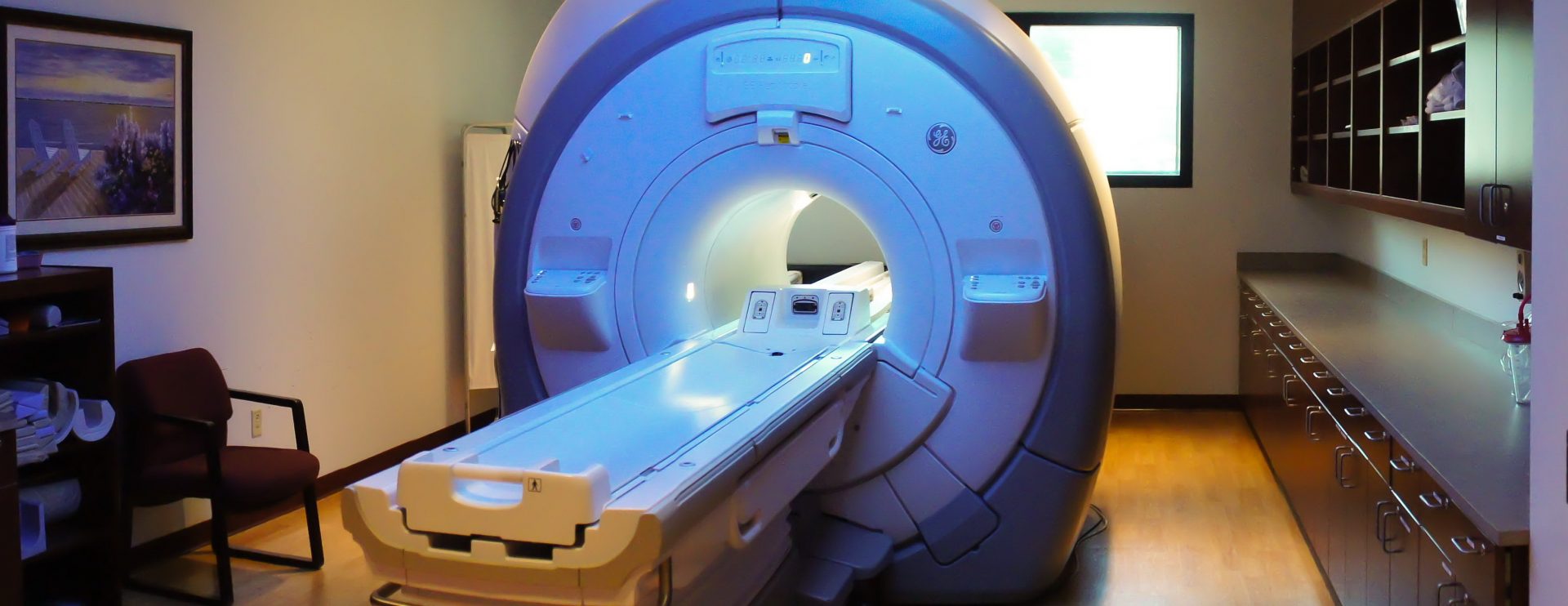 National Immunization Month
National Immunization Month
August is National Immunization Awareness Month, and the perfect time to observe the importance for people of all ages to receive immunizations. Immunizations, also called vaccines, keep people healthy by preventing infection and the spread of dangerous diseases which can sometimes be fatal. Immunizations are not just for children, adults must be vaccinated as well for protection against serious illnesses like pneumonia, measles and the flu.
It is recommended that all people ages six months and older receive the flu vaccine every year as the influenza viruses are continually changing and the body’s immune response declines over time. Other vaccinations work best to protect people during specific life stages or at specific ages. Immunizations are an important, effective way to keep you and your family healthy.
Childhood Immunizations
Child immunizations can seem overwhelming for new parents, although following recommendations with on time vaccinations is essential to keep children safe. It is important to vaccinate children before they are exposed to serious and potentially life-threatening diseases. Recommended childhood immunizations are backed by extensive research to ensure that children are safe at all stages of their life from womb to graduation.
The Centers for Disease Control and Prevention (CDC) offers an interactive Childhood Vaccination Assessment Tool to help parents learn which shots your child needs from birth through 18 years of age. Immunization for infants and toddlers is important to give children a healthy start to life. Some vaccinations require more than one dose to build and boost the body’s immunity. The following vaccinations are recommended for infants and toddlers.
- Diphtheria, tetanus, and pertussis (DTaP) vaccine: – multiple doses are required beginning at 2 months, 4 months and 6 months of age, again at 15 through 18 months with boosters recommended every 10 years.
- Measles, mumps, rubella (MMR) vaccine: – this vaccine is given in a two dose series starting at one year of age and then again between the ages of four and six years old. Children older than six that have not completed this series should receive the vaccination and is also recommended for infants under one year old before traveling abroad.
- Polio (IPV) vaccine: the polio vaccine should be administered in a series at 2 months, 4 months and again between 6 and 18 months of age.
- Rotavirus (RV) vaccine: should be administered in either two or three dose series depending on the brand of vaccination. Rotarix brand is administered at 2 months and 4 months of age, the RotaTeq brand is administered at 2 months, 4 months and 6 months of age.
- Hepatitis A vaccine: children ages 12 to 23 months should receive the hepatitis A vaccine with a second dose administered six months after the first one.
- Hepatitis B vaccine: should be administered in a series beginning shortly after birth, at 1 to 2 months old and again at 6 months through 18 months of age.
- Chickenpox (varicella) vaccine: children ages 12 through 15 months should receive the chickenpox vaccine.
- Flu vaccine: every year beginning at six months of age, ideally before the end of October.
- Haemophilus influenzae type b (Hib) vaccine: due at 2 months, 4 months and 6 months of age.
- Pneumococcal (PCV13) vaccine: due at 2 months, 4 months and 6 months of age and again between 12 and 15 months old.
This is just a summary of some of the recommended immunizations due for infants and toddlers, be sure to speak with your child’s pediatrician to keep your child on schedule and protected. It is recommended that teenagers and children leaving for college receive boosters and additional immunizations to protect against serious diseases. Regular well-child visits with recommended immunizations up to the age of 18 are critical to keep your children healthy and protected from serious and life-threatening diseases.
Adult Vaccinations
Adults need vaccinations too, sometimes in the form of boosters of childhood immunizations to maintain a strong immunity against dangerous diseases. The CDC offers an Adult Vaccination Assessment Tool to help adults determine which immunizations they may need. Adults need boosters of many of the same immunizations received as a child such as for hepatitis A, hepatitis B, MMR, HPV and a Zoster vaccine to protect against shingles.
Immunizations during Pregnancy
It is important to discuss vaccinations during pregnancy with your healthcare provider as women share everything during pregnancy with their baby. Staying up to date on immunizations before and during pregnancy will help to protect your baby during the first few months after birth from some diseases. Some vaccinations given before pregnancy may also help to protect mothers from contracting serious diseases while they are pregnant such as rubella, which may cause birth defects or miscarriage.
Be sure to talk with your doctor if you are planning to become pregnant to make sure you are up to date on important vaccinations prior to pregnancy. Your doctor will help to determine which immunizations you may need before, during and after pregnancy.
August is National Immunization Month and a good time to review the vaccination needs of your children before we send them back to school and college. While we are making sure our children are protected, don’t forget to schedule your own checkup to be sure your adult immunizations are also up to date.
Greater Waterbury Imaging Center (GWIC) urges you to maintain well-child visits and adult checkups with the recommended immunizations. Be sure to talk with your physician if you plan to leave the country even if you are up to date on your immunization schedule. Contact us for compassionate medical MR imaging needs delivered with remarkable service and integrity.


